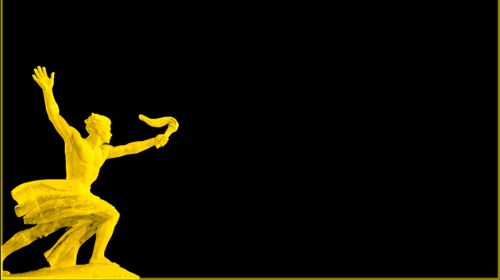
On the blog Above the Law, Elie Mystal has written a critique of the Declaration of Internet Freedom that the ACLU and many other parties have signed. (Mystal’s piece was republished by Forbes).
Mystal’s critique is that the document is not “a serious effort to promote a legal construct that will protect the freedom of anything ,” and that “the document is devoid of anything approaching a coherent articulation of the rights of ‘the internet’ or anybody else.”
Of course there’s a place in this world for a 4,400 word (length of US Constitution) policy roadmap, but there’s also room for a declaration of some basic principles in order to clarify and solidify public support for them. The Universal Declaration of Human Rights, for example, articulates principles such as “everyone has the right to life, liberty and security” and “everyone has the right to freedom of peaceful assembly and association.” While the UDHR does not get into specifics on those rights, it has nonetheless exerted broad influence around the world.
Nor does the First Amendment define obscenity, clarify when we can yell “fire” in a crowded theater, or spell out how strict our libel laws may be.
True, there’s always a danger that a broad concept like “privacy” can become like “the environment” in that everybody is “for” it, even when they’re gutting it. But in the history of environmentalism, it was still a major accomplishment to get to a point where nobody could be “against” the environment. If indeed we are at such a point with regard to the principles articulated in this declaration, that is no small accomplishment, and marking that accomplishment is well worth doing. There’s such a thing as “consolidating your gains.”
On the other hand, while it’s easy for people who agree with these principles to be crabby about their lack of specificity, it is far from clear that, as broadly as these principles are stated, they have gained even that level of acceptance.
The Declaration of Internet Freedom is about clarifying our aims and seeking to broaden consensus on those aims, while leaving tactics (and disagreements thereabout) for other forums. Whether it has broad influence over time, or becomes just another drop in the river of history (hopefully flowing toward freedom), time will tell.


